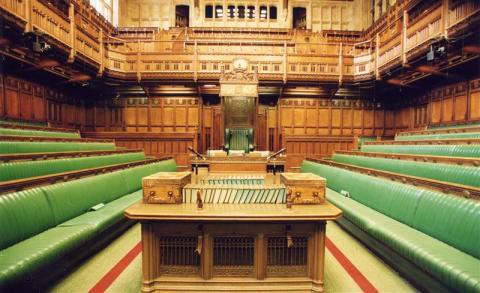Financial penalties loom for DC schemes that file late chair’s statements

If you have a defined contribution (DC) scheme with a December year end, you face a fine if you fail to file a chair’s statement by the end of July.
A recent tribunal judgment was a reminder that the Pensions Regulator (TPR) has almost no discretion over penalties if a pension scheme fails to publish a compliant chair’s statement in time. The judgment affects schemes with DC benefits (other than just additional voluntary contributions).
Trustees of these schemes are required to prepare an annual governance statement, signed by the chair of trustees, within seven months of the scheme’s year end. Failing to do so triggers a fine of up to £2,000 and no less than £500.
Last month the First-tier Tribunal dismissed an appeal by a trustee of a DC scheme against a penalty for failing to prepare a chair's statement. TPR fined the sole trustee of the Smith & Wallace & Co 1988 Pension Plan £500.70 for missing the seven-month deadline.
TPR added 70p to the minimum penalty in line with its policy of increasing the basic fine by 10p per member.
TPR has little discretion over penalties
The judge expressed concern that the fine was mandatory and that no excuse, however reasonable, could prevent a penalty. The judgment underlined the rigidity of TPR’s position and the importance of filing on time.
That means that the many DC schemes with a financial year ending 31 December need to prepare their statements by the end of this month to avoid an almost certain fine if they haven’t done so already.
The trustee, Mr Caldwell, challenged the fine on the grounds that:
- TPR’s staff said nothing about the need to provide the statement when he spoke to them several times before completing the 2022 scheme return
- Written communications from TPR before the submission of the scheme return didn’t refer to the requirement
- The pro forma return document appeared to treat presentation of chair statement as optional
- After imposing the fine, TPR had refused to engage with him
The tribunal upheld TPR’s argument that Mr Caldwell was responsible for compliance, he didn’t comply by the due date and the law required the regulator to impose a penalty.
All trustees are responsible for the chair’s statement
The judgment means there is no avoiding a fine if you don’t publish a compliant chair’s statement on a publicly available website by the deadline. All trustees are personally responsible and will be subject to the penalty. You can read TPR’s quick guide here.
There are further potential consequences if your chair’s statement is late or doesn’t meet TPR’s requirements. These include:
- Legal costs and the time it takes to implement procedures to prevent further breaches
- Reputational risk for the board’s trustees and undermining of members’ confidence in the board
- Further scrutiny by the regulator to check for other regulatory failings
Trustees of schemes that are required to publish a chair’s statement should make sure that reports and accounts are available in advance of deadlines, they start work on the statement well before the publication date, and the chair of the trustees is around to sign off before it’s too late.



